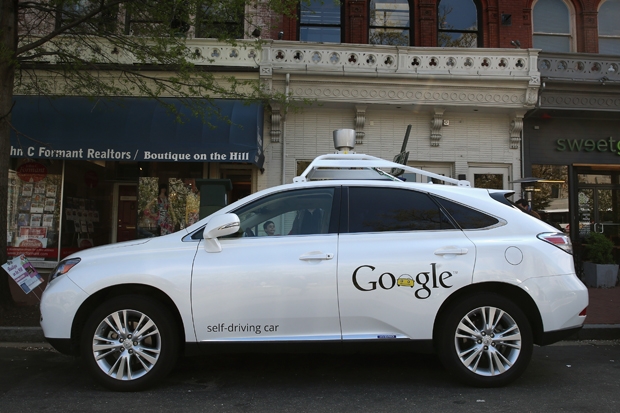A first last week: a Google driverless car in autonomous mode was partly at fault in a collision, interestingly one involving a bus. The car was merging into a lane of faster-moving traffic to dodge a pile of sandbags in a collapsed drain and nudged in ahead of the bus on the assumption that its driver would give way. He didn’t.
I suspect this may be a failure of social intelligence. Human drivers, for all their faults, can intuitively read the behaviour of other road users very well. We instinctively know that bus drivers are less likely to give way than car drivers. Understanding humans is always going to be easier when you know what it’s like to be one: in reading human emotions, even the best technology still lags far behind the typical domestic dog.
Google is currently testing its cars in California, where there are few pedestrians. It remains to be seen how they will cope with mischievous British teenagers. What is to stop people impatient to cross the street from simply walking out in front of driverless cars knowing the car will swerve to avoid them? We don’t do it now because of the risk of driver error — or rage. Will Google’s cars need to get aggressive occasionally? (Anger is nature’s way of discouraging people from dicking us around.)
Some pundits now suggest the idea of a wholly driverless car may be a case of overreach, driven more by ideology than common sense. Many of the promised gains in safety can be achieved by enhancing conventional cars, while the most irksome aspects of driving (parking, long motorway journeys, stop-go traffic) can be automated quite easily. Reaching a point where driving is 90 per cent less boring and 95 per cent safer is straightforward — akin to what already exists on aircraft.









Comments
Join the debate for just £1 a month
Be part of the conversation with other Spectator readers by getting your first three months for £3.
UNLOCK ACCESS Just £1 a monthAlready a subscriber? Log in